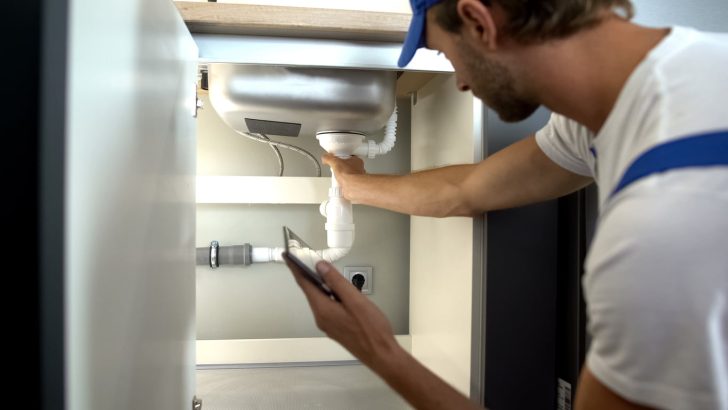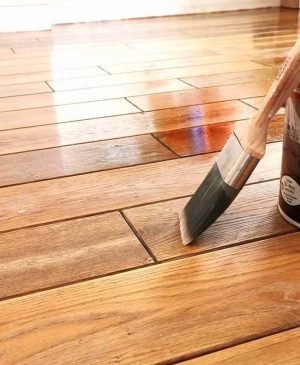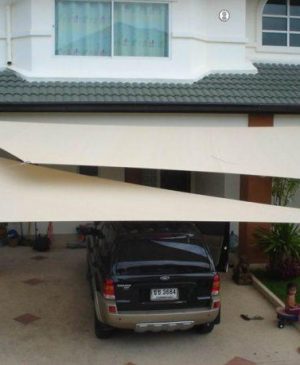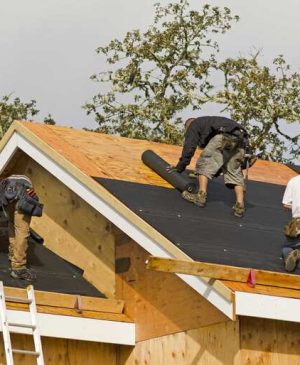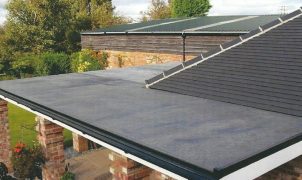Plumbing leaks, whether minor or major, are an inevitable part of homeownership. While a small drip may seem inconsequential, it can escalate into something much more costly if left untreated. From water damage to mold growth, the consequences of a leaky pipe can quickly become a homeowner’s nightmare. However, by being proactive, diligent, and applying a few tried-and-true plumbing tips, you can prevent leaks from becoming a serious issue. In this article, we will explore the top 10 leak tips that will help you maintain your plumbing system, save on costly repairs, and ensure the smooth functioning of your home’s water system.
1. Inspect Pipes Regularly
Preventing leaks begins with early detection. Routine inspections of your plumbing system, particularly in areas prone to leaks like under sinks, behind walls, and in basements, are essential. Look for signs of corrosion, rust, or water stains that may indicate a leak. Pay close attention to the joints where pipes connect, as these are common areas for leaks to occur. If you catch a small issue early, you can prevent it from snowballing into a major problem.
When inspecting your pipes, don’t forget the exterior areas of your home, such as the roof or garden. Roof leaks or landscaping irrigation systems can often lead to unnoticed plumbing issues inside the home.
2. Check for Drips and Faucets
One of the most common sources of plumbing leaks is a dripping faucet. A small drip may not seem like much, but it can waste a significant amount of water over time, adding to your water bill and potentially damaging surrounding areas due to constant moisture exposure. Regularly check for leaks around faucet handles, spouts, and supply lines. If a faucet is dripping, a worn-out washer or O-ring is often the culprit. Replacing these inexpensive parts can save you both money and water.
3. Fix Leaks Promptly
It’s tempting to ignore small leaks, thinking they will go away on their own. However, even minor leaks can cause major problems over time. A small leak under a sink can result in wood rot, mold, and rusting metal pipes, while a leak in a wall could lead to extensive water damage. The longer you wait to repair the leak, the more costly and invasive the repairs will likely be. If you notice a leak, whether in a pipe or appliance, address it immediately. This can save you from needing larger, more expensive repairs down the line.
4. Maintain Your Water Pressure
Water pressure that’s too high can be a serious problem for your plumbing system. High pressure puts excessive strain on pipes and fixtures, increasing the likelihood of leaks and bursts. To prevent this, consider installing a pressure regulator. Most homes have a water pressure range of 40-60 psi, and anything above that can cause unnecessary stress on your pipes. Use a water pressure gauge to check your home’s pressure regularly. If you notice any abnormalities, it may be time to adjust the regulator or call a professional plumber.
5. Know the Location of Your Shutoff Valve
In the event of a major plumbing leak, knowing how to quickly shut off your water supply can minimize the damage significantly. Familiarize yourself with the location of your main water shutoff valve, and make sure everyone in your household knows where it is and how to operate it. In cases of large leaks, turning off the water supply immediately is critical to preventing widespread damage.
Shutoff valves can be located in different areas of the home, such as the basement, crawl space, or exterior. Ensure that the valve is easily accessible and that you can operate it without difficulty, especially in an emergency.
6. Insulate Pipes in Cold Weather
Frozen pipes are a common cause of plumbing leaks in colder climates. When water inside pipes freezes, it expands, putting pressure on the pipe and causing it to burst. To prevent this, insulate your pipes, especially those in unheated areas such as attics, basements, and crawl spaces. Use foam pipe insulation or heat tape to keep the water in your pipes from freezing during the winter months. Additionally, during extreme cold spells, allow faucets to drip slightly to relieve pressure inside the pipes.
If you know that a cold snap is coming, it’s worth taking the extra steps to ensure that vulnerable pipes are properly insulated. This can save you the headache (and expense) of dealing with a burst pipe during the winter.
7. Replace Old or Worn-out Plumbing Fixtures
Over time, plumbing fixtures like pipes, faucets, and hoses wear out due to corrosion, constant use, and the pressure of water flowing through them. The older your plumbing, the more likely it is to develop leaks. If your home has old galvanized pipes, for example, they are more prone to corrosion and leaks than modern copper or PEX pipes. If you’re dealing with outdated fixtures, replacing them with newer, more durable options can prevent leaks and improve the overall efficiency of your plumbing system.
Consider upgrading your plumbing fixtures, such as faucets, showerheads, and hoses, to high-quality materials that are less prone to damage over time.
8. Install Leak Detection Devices
For added peace of mind, consider installing leak detection devices throughout your home. These devices monitor the flow of water through your plumbing system and can alert you to potential leaks. Some advanced leak detectors even send notifications to your smartphone, allowing you to catch problems early, even when you’re not at home. Leak detectors are especially useful in areas where leaks might go unnoticed, such as basements, attics, or behind walls.
By investing in a leak detection system, you can stay ahead of plumbing problems, preventing costly repairs and water damage.
9. Check for Leaks in Appliances
Many household appliances rely on plumbing to function properly, including dishwashers, washing machines, and water heaters. These appliances are susceptible to leaks, particularly where hoses and connections meet. Inspect the hoses and connections to your appliances regularly. Look for signs of wear, cracks, or corrosion around these areas. If you notice any signs of leaks, replace the hoses or seals before they cause significant damage.
For appliances like water heaters, regular maintenance is essential. Sediment build-up can cause corrosion, leading to leaks. Draining your water heater once a year can help prolong its lifespan and prevent leaks.
10. Hire a Professional Plumber for Routine Inspections
While DIY maintenance is important, there’s no substitute for a professional plumber when it comes to keeping your plumbing system in top shape. A licensed plumber can perform regular inspections to identify potential issues that might not be obvious to the untrained eye. They can also conduct more thorough maintenance, such as flushing out your water heater, inspecting your sewer line, and performing pressure tests.
By scheduling regular professional inspections, you can stay ahead of any potential issues, giving you peace of mind and helping you avoid costly plumbing disasters.
Conclusion
Leak prevention is an essential part of maintaining a healthy plumbing system, and the tips outlined above can significantly reduce the risk of leaks and plumbing-related problems in your home. Regular inspections, timely repairs, and preventative measures like insulating pipes and upgrading old fixtures can go a long way in safeguarding your plumbing system. Additionally, understanding the role of water pressure, knowing how to quickly shut off the water supply, and using modern leak detection systems can help you stay ahead of potential issues. By taking a proactive approach, you can enjoy a well-functioning plumbing system for years to come, saving both time and money in the process.

